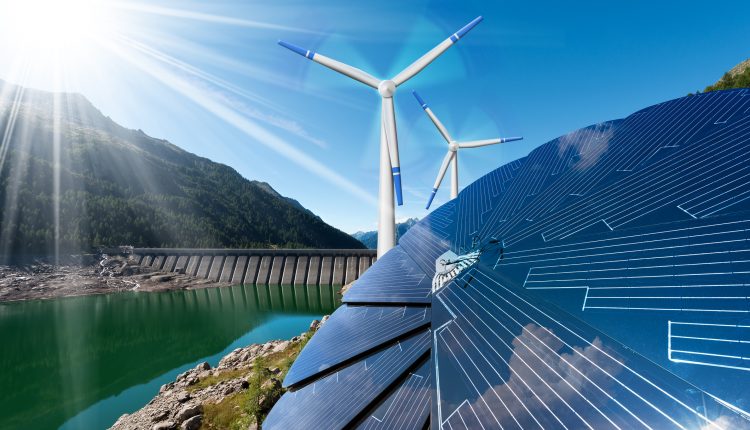Poorest nations must triple energy to avoid climate crisis – report
The world’s poorest nations must triple their energy production by 2050 to avoid becoming major climate emitters, according to the Rockefeller Foundation’s latest report.
These countries, mostly in Africa, need to generate 8,700 terawatt hours of clean energy annually, double the US output, requiring about 5,000 gigawatts of new capacity.
Currently, 3.8 billion people lack sufficient electricity, using less than 1,000 kilowatt hours per year. The report emphasises the potential for these nations to harness solar energy and affordable green technologies.
Ahead of the World Bank’s Mission 300, aiming to provide 300 million Africans with electricity by 2030, $25 billion from the World Bank and $5 billion from the African Development Bank will fund this effort.
The report suggests four pathways for these countries: upgrading existing grids, evolving renewable grids, developing decentralised solar systems, and using a mix of local renewables.
Significant financial support is essential, as these nations cannot afford the necessary investments on their own.
Attribution: The Rockefeller Foundation


